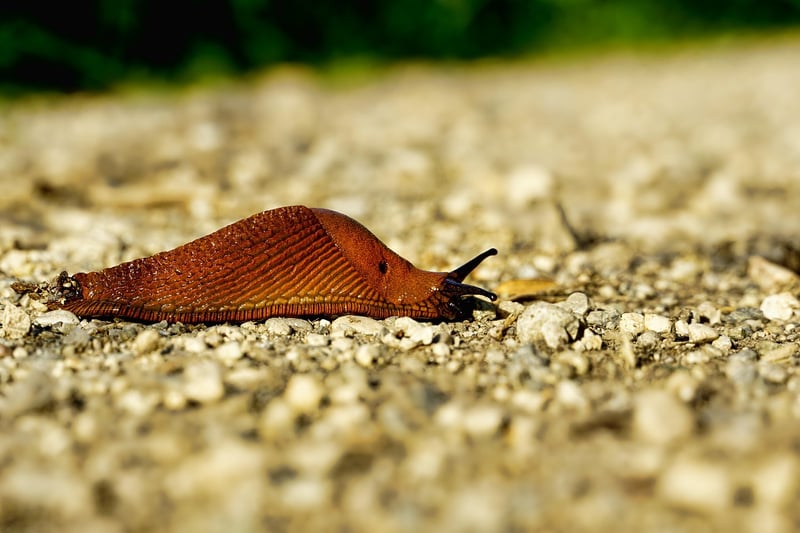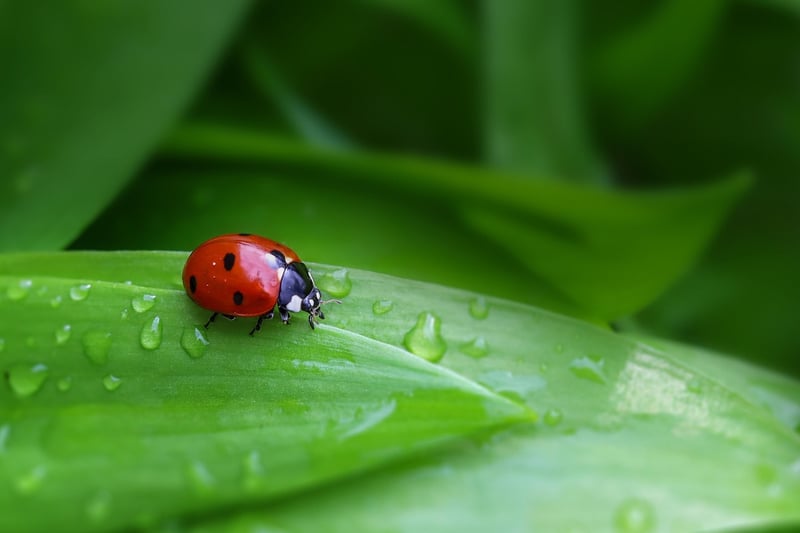Pest Control
Keeping Your Garden Healthy: Essential Pest Control Tips
Welcome to your guide on maintaining a healthy garden through effective pest control methods. A flourishing garden can be a source of pride and joy, but pests can quickly turn your green paradise into a nightmare. By implementing the right strategies, you can protect your plants and ensure a bountiful harvest.
Identifying Common Garden Pests
Before you can tackle pest control, it's crucial to familiarize yourself with the common garden pests that may plague your plants. Some of the usual suspects include aphids, snails, slugs, caterpillars, and spider mites. By knowing what you're up against, you can tailor your pest control approach accordingly.
Natural Pest Control Methods
Opting for natural pest control methods is not only better for the environment but also safer for your plants, pets, and family. Consider introducing beneficial insects like ladybugs and praying mantises to prey on harmful pests. Additionally, planting companion plants that repel pests can help create a natural barrier.
Neem Oil Spray
Neem oil is a popular organic pesticide that can effectively control a wide range of pests while being safe for beneficial insects. Mix neem oil with water and a mild soap to create a spray that can deter pests like aphids, mealybugs, and spider mites.
Diatomaceous Earth
Diatomaceous earth is a natural sedimentary rock that can be sprinkled around the garden to prevent pests like slugs, snails, and ants. This powdery substance is abrasive to insects with exoskeletons, causing them to dehydrate and perish.
Preventative Measures
Prevention is key to maintaining a healthy garden free from pests. Regularly inspect your plants for signs of infestation, such as yellowing leaves or holes in foliage. Practice good garden hygiene by removing debris, weeds, and dead plant matter that can harbor pests.
Conclusion
By incorporating natural pest control methods and staying vigilant in your garden maintenance routine, you can enjoy a thriving garden that is free from destructive pests. Remember that a healthy garden is a happy garden!



For more tips on gardening and pest control, visit Royal Horticultural Society.
